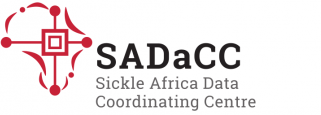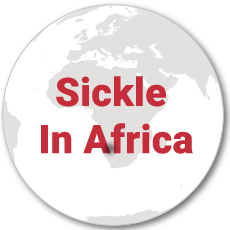Sickle cell disease (SCD) is a genetic blood disorder of high prevalence in sub-Saharan Africa where it is associated with high mortality of babies and children under the age of five years. Although newborn screening (NBS) for SCD and other evidence-based interventions have improved outcomes for individuals with SCD in developed countries, this has not been implemented beyond pilot projects in many African countries. This is due to the high cost of standard SCD screening equipment and reagents which require skilled personnel and a stable electricity supply. In recent years, highly sensitive low-cost point-of-care tests (POCTs) for SCD, which use monoclonal antibodies to identify different haemoglobin phenotypes HbA, S, and C in the presence of high foetal haemoglobin levels in newborns, have been developed to overcome these barriers of conventional screening.
SickleInAfrica Newborn Screening Protocol (Revised) - 10/ 12/ 2022
Year:
2022

